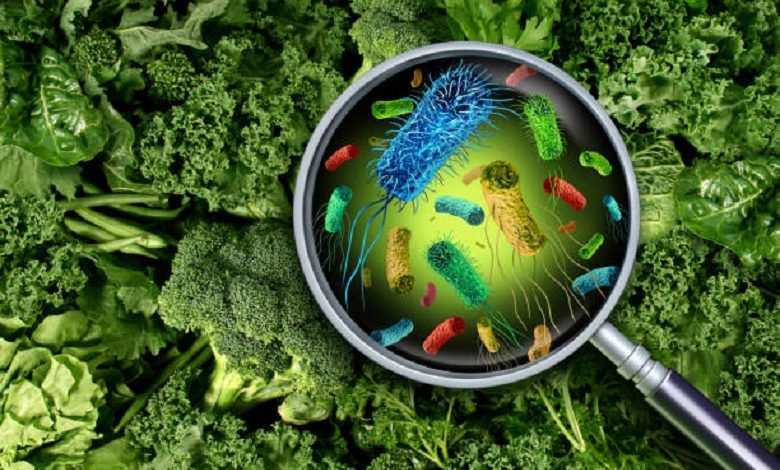How to Prevent Food Poisoning: Five Effective Ways

Summer is a time not only for rest, sun, and warmth but also for food poisoning. People who have never been poisoned by something like that at the height of the summer season can be counted on one hand (perhaps even one hand).
Poisoning is also a pleasure accompanied by abdominal pain, nausea, diarrhea, weakness, dehydration, and other unpleasant symptoms. To avoid having to treat food poisoning, it is best to prevent it. There are several ways to do this.
Choose your products carefully
Forget the habit of picking up goods in the store without looking. This is especially true for perishable foods. Be sure to check the expiry date before placing anything in the basket.
Of course, employees in stores are obliged to remove expired goods, but they may not have time to do this, and then you will come across a product within which a new civilization has already formed. It’s also always a better idea to pack and place raw meat and fish separately from other foods and take chilled or frozen food last so that it doesn’t get too hot while you’re taking it home.
Wash fruits, vegetables, and herbs
Most people have been told about the need to wash fruits, vegetables, herbs, and berries since childhood, but this still does not prevent some from eating food almost from the ground from time to time. Please do not do it this way.
Washing fruits and vegetables is a matter of a couple of minutes, but the treatment of poisoning will take you much longer. Also, call to mind to wash your hands and clean countertops and cutting boards, especially if they have been loaded with raw meat (including poultry) or fish.
Separate raw and cooked
Raw and cooked foods are an awful combination. Store and cut raw foods separately from cooked foods.
This will prevent cross-contamination – the easiest way for bacteria to spread.
If you recently washed dishes containing raw meat, it is better to clean the sink afterward thoroughly.
If in doubt that the product has not deteriorated, throw it away
Throwing away food is, of course, unpleasant but sometimes necessary. Don’t risk eating questionable food leftovers, even if they don’t look like a strange gray mass and smell good.
Sometimes spoiled food retains a very ordinary smell, but at the same time, they are already full of dangerous bacteria. Therefore, if you are unsure about the freshness of a product, it is better to throw it away. Don’t risk your health.
Check that meat and fish are cooked
Checking the readiness of meat or fish by eye is quick but, alas, not at all reliable. The meat may be cooked on the outside but half-cooked on the inside.
If you eat such a dish for dinner, then it is likely that hugging a white friend, you will scold yourself for not wanting to make sure that the product is ready once again. This is why it is crucial to check the internal temperature of the steak or chicken breast. This can be done with a food thermometer.




